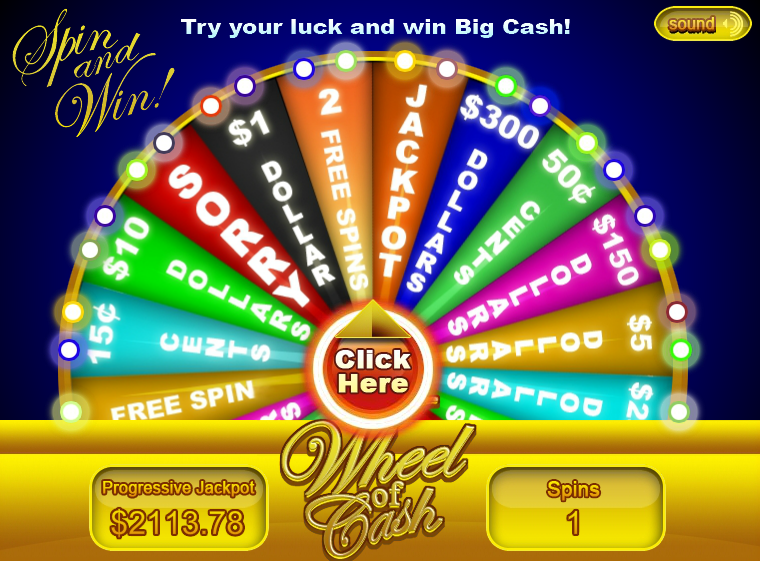NOW AVAILABLE — Pillsbury’s Social Media, Entertainment & Technology Team recently finalized a white paper on legal issues with social games and gambling.
Gamblification! This is not yet a household word but we use it to describe the intersection of social media and gambling. It is a play on the concepts of gamification and gambling. While gamification relates to using game mechanics for non game purposes, we use gamblification to refer to the use of gambling mechanics for non gambling purposes (ideally!). Given the complexity of the legal issues around this concept, it is not always easy to ensure that one does not cross the line.
Many social media companies are leveraging gamblification to capitalize on individuals’ gambler instincts. One example of this is the use of gambling-like activities in social games. Many social games are designed based on gambling-related activities, such as Zynga poker. In this example, the game itself is centered around playing poker for Zynga poker chips. It differs from real gambling in that you buy chips but can not redeem them. Other social games are leveraging gamblification by including minigames or features within non-gambling related social games and MMOs. For example, some social games include features that enable users to exchange virtual currency for a chance to win one of a number of virtual goods that can be used in game. The apparent randomness of which item a user will obtain (or whether they will obtain one) has an element of surprise that makes it fun for users. Other platforms, such as Virgin Gaming, enable console game players to wager against each other on the outcome of playing a video game.
Other non-game social media sites are using gamblification as well to drive user engagement with offers and promotions. For example, Cash Dazzle is a platform that drives users to engage with a variety of promotional offers in exchange for tokens that can be used to spin a wheel for a chance to win cash prizes.

Online casino games is a new battlefield, pitting social game companies against traditional, land-based casino operators and the Indian tribes. The battle is for control of new channels (social and mobile channels) for casino games and other online gambling related activities. This battle is already playing out in a big way. Traditional gambling equipment provider IGT spent $500 million to buy Double Down, a maker of casino games for Facebook. Shuffle Master, Inc., a leading global gaming supplier, has agreed to acquire Ongame Network Ltd., one of the world’s largest poker providers to online gaming operators. Betfair, one of the largest players in the European Internet betting exchange, has invested in one of the fastest growing US social game companies.
Gamblification is also driving a need for new types of data that identify the “whales.”
These games and other “gamblified” applications are tremendously popular and the use of gamblification is very likely to increase. There will be huge business opportunities around the gamblification movement that is afoot. However, businesses leveraging gamblification need to be certain that they don’t leverage gambling mechanics in a way that crosses the line into illegal gambling.
A variety of factors are relevant to the legal analysis in the US. One is that gambling is largely regulated by state law. In some states there are gambling-specific laws and/or other laws relating to contests, sweepstakes and lotteries. Yet, there is great disparity among the various states regarding what is legal. Add to this historical problem the fact that there is a flurry of new online gambling legislation due to a recent change in position by the DOJ that has permitted states to legalize online gambling (except for sports betting).
Additionally, many activities that some online operators believe will avoid triggering gambling laws may not actually be in compliance. Some of the activities use virtual currency as the means by which users get a “seat at the table” or a “spin of the wheel.” While many virtual currency based models may be legal, the use of virtual currency alone does not necessarily ensure that there is no risk of running afoul of legal issues. One of the key issues with that is whether the virtual currency has value. In the Zynga poker example, the argument is that because you can not cash out the chips they do not have value, within the meaning of the gambling laws.
The increasing use of gamblification is going to continue to push the envelope of what is and what is not legal. Understanding the complexities surrounding these issues can be challenging for new entrants due to the lack of specific precedent that addresses many of the techniques that are proliferating in the social game and promotional arenas.
Additionally, even if certain “gambling-like” activities are legal, certain state laws may require that the operators go through a licensing process analogous to what land-based casinos currently do.
 Internet & Social Media Law Blog
Internet & Social Media Law Blog


